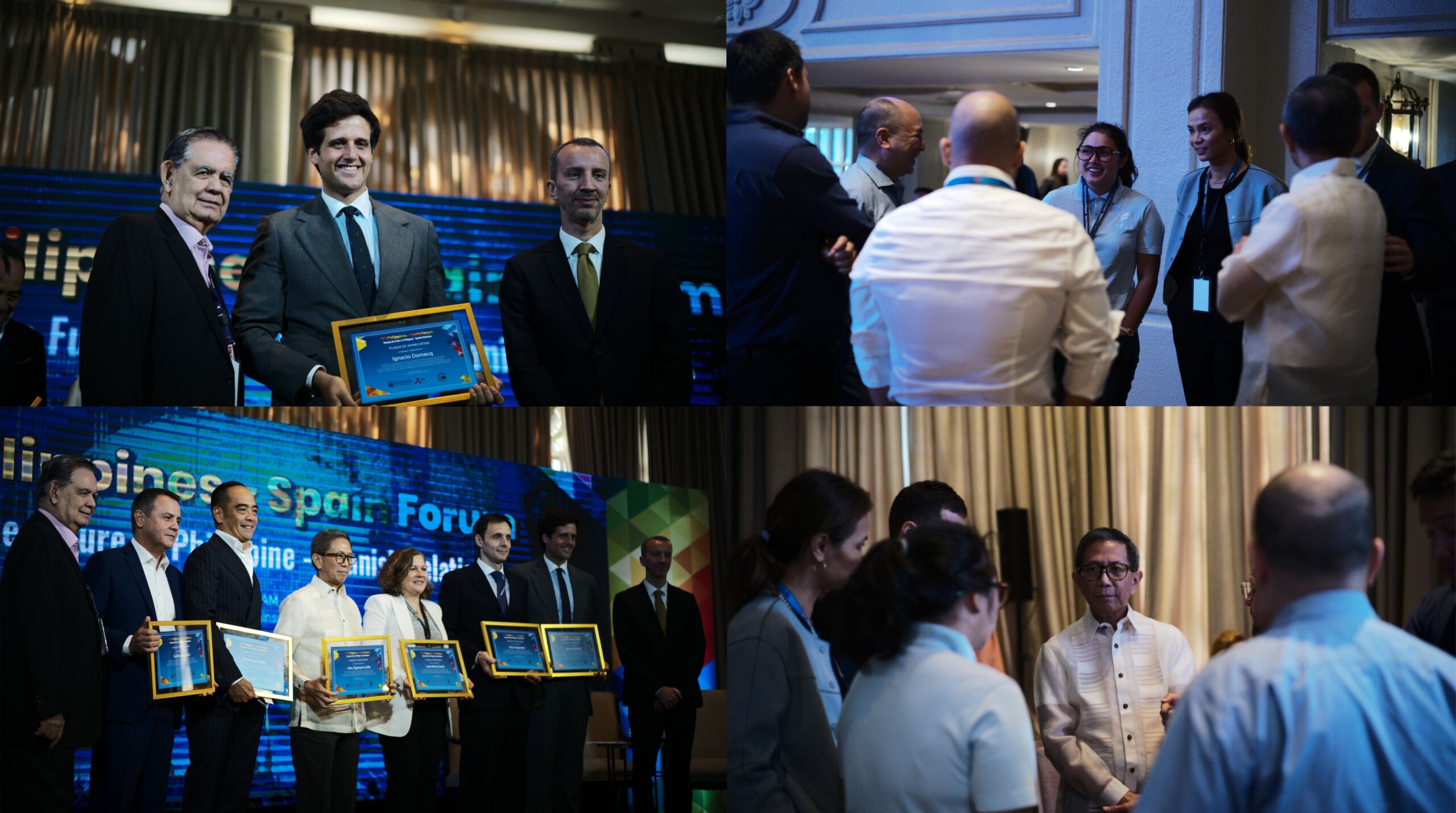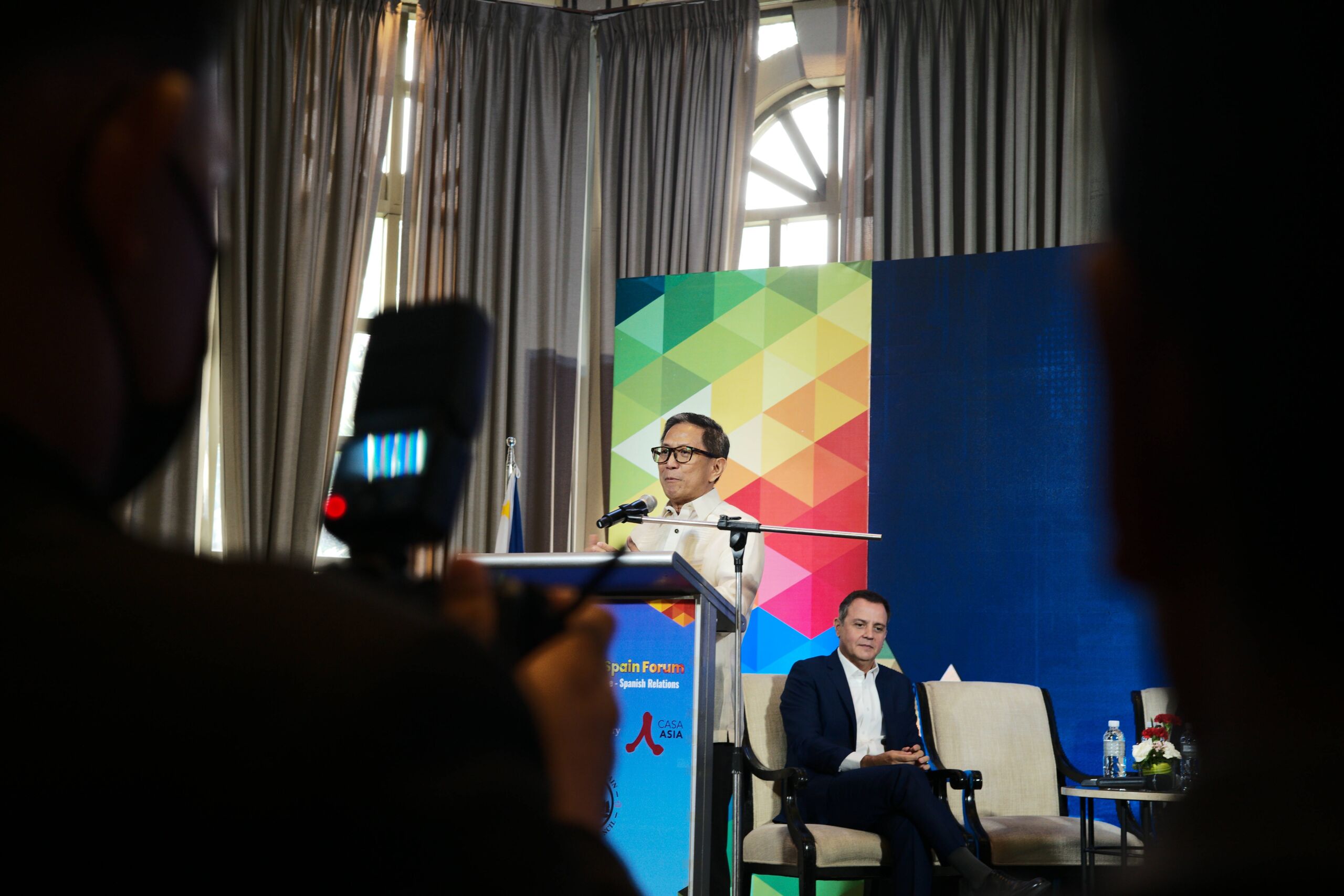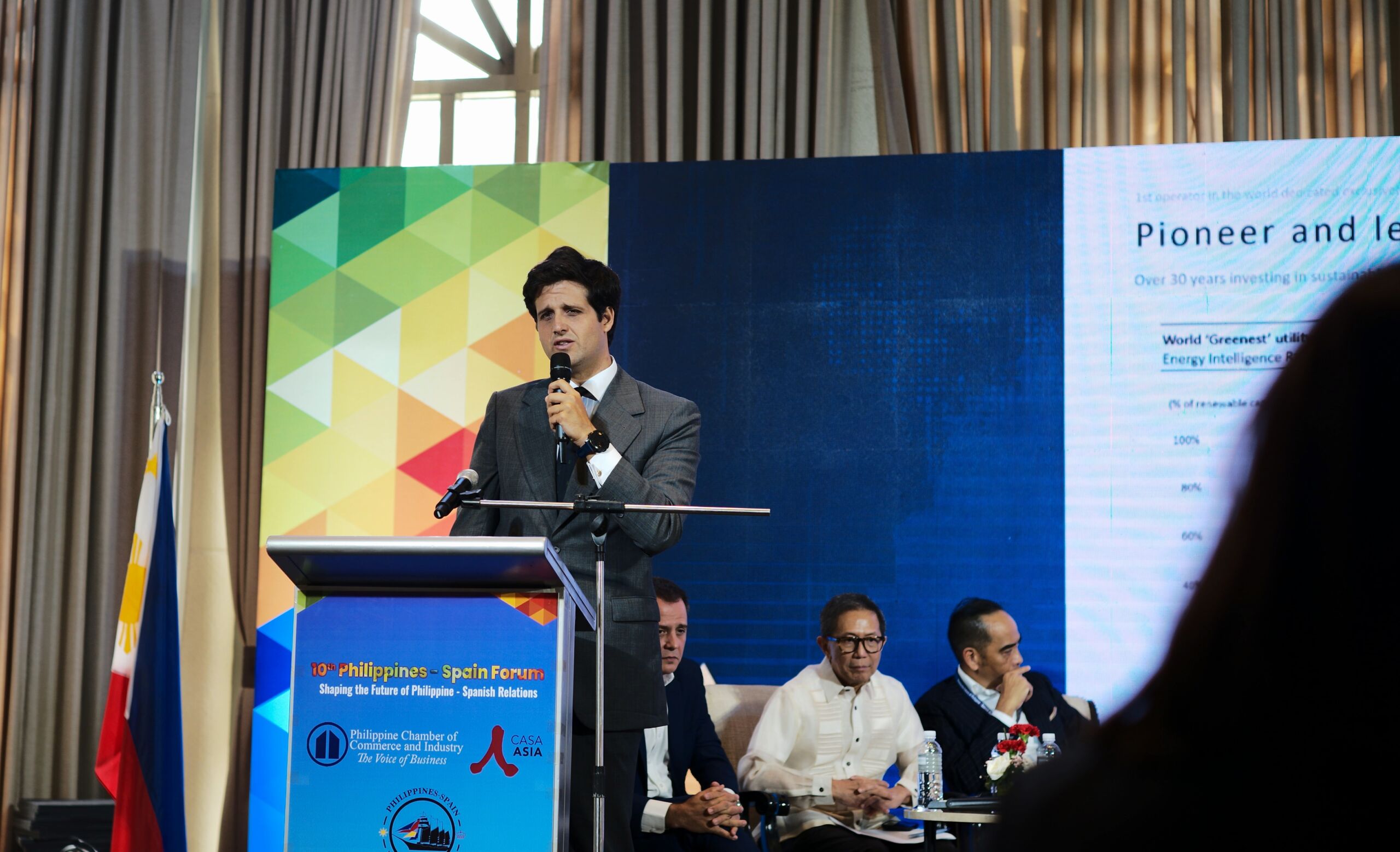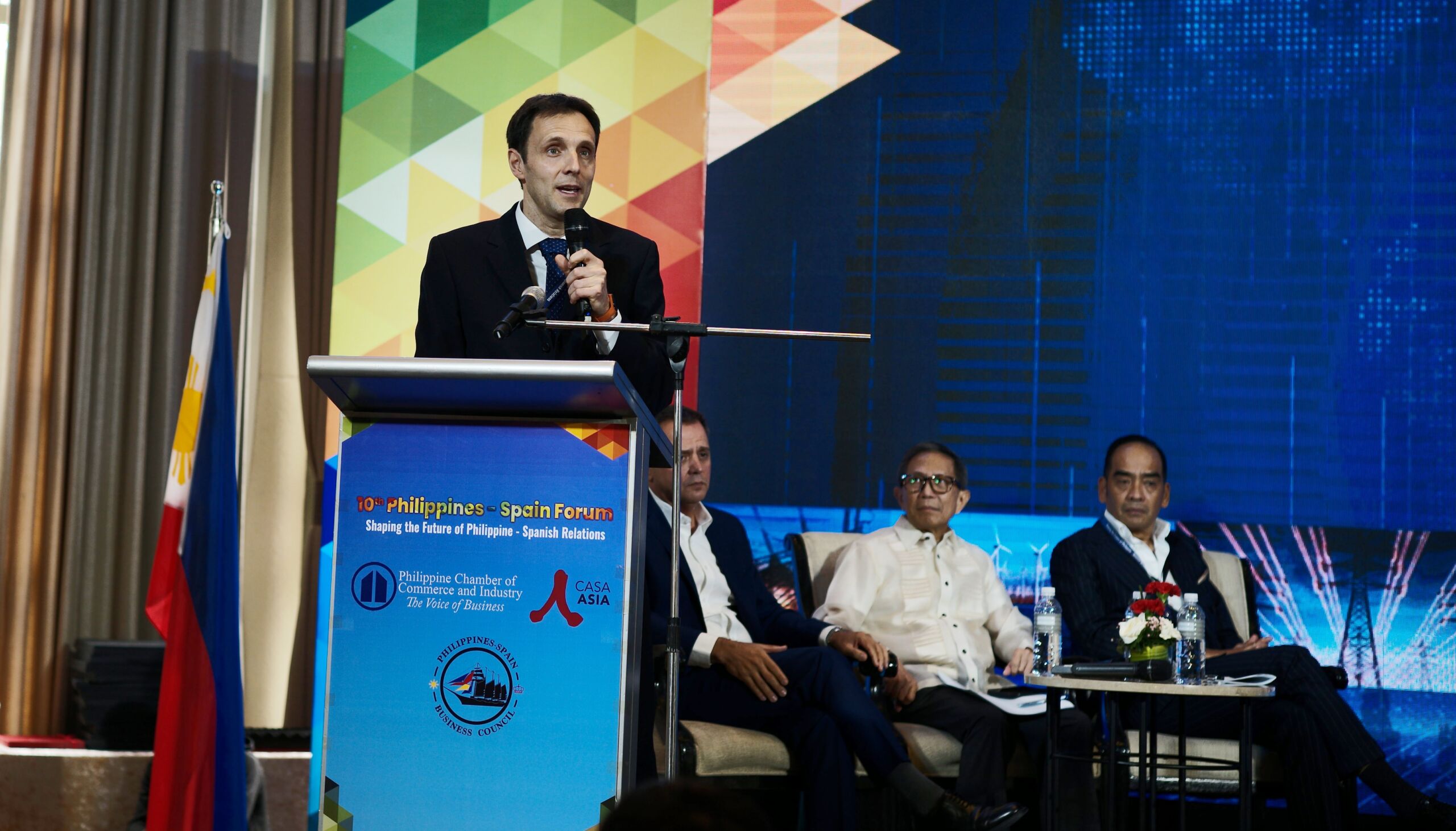10th Philippine-Spain Forum: Shaping the Future of Philippines-Spanish Relations
February 22-23, 2024, The Conservatory, The Peninsula Manila

The 10th Philippines-Spain Forum, held at The Conservatory in The Peninsula Manila, brought together key stakeholders from both nations to delve into pivotal topics aimed at fostering stronger bilateral relations. Among the many thought-provoking sessions, Session 4 emerged as a focal point, addressing the imperative need to modernize the power grid and embrace renewable energy sources.
Under the theme “Energizing the Future: Modernizing the Power Grid,” Session 4 underscored the critical role of collaboration between the government and private sector in upgrading the Philippines’ power infrastructure. The modernization efforts are crucial not only for enhancing energy security but also for accommodating the influx of renewable energy sources.
Distinguished speakers graced the session, offering insights and strategies to navigate this transformative journey. All the speakers for this session provided valuable perspectives on the imperative need for modernization and renewable energy adoption. Here are some of the highlights:

Hon. Raphael Lotilla, Secretary of the Department of Energy, outlined comprehensive energy strategies aimed at accelerating the development of renewable energy (RE), with a particular emphasis on offshore wind (OSW). He emphasized the need for a smart and green transmission system capable of integrating additional RE capacity expected to come online from 2024 to 2040. Secretary Lotilla also highlighted the importance of building port infrastructure to support OSW and other energy technologies. Furthermore, he discussed the concept of voluntary early decommissioning and/or repurposing of existing coal-fired power plants (CFPPs), aligning with President Ferdinand R. Marcos Jr.’s directive to explore third-party construction of transmission projects to meet the nation’s evolving power needs.

Mr. Ignacio Domecq, Business Development Director at ACCIONA Energia, echoed the sentiment of transitioning towards renewable energy to mitigate carbon footprints. He emphasized the inevitable lead time required for this transition and showcased ongoing projects with Freya Renewables, exemplifying tangible steps towards a sustainable energy future.

Mr. Oscar Izqulerdo, in his introduction, delineated the evolution of energy models from conventional to distributed systems favoring renewable sources. Drawing parallels with Spain’s electricity system, he highlighted the characteristics of the “new” model, marked by a proliferation of small, distributed renewable generation plants and bidirectional power flow, transforming consumers into producers or “prosumers.”
Izqulerdo’s insights into the elements of the Spanish electricity system, particularly the transmission network, shed light on the infrastructure necessary to support renewable integration, including overhead power lines for efficient energy transport at high voltages.
The discussions during Session 4 not only highlighted the urgency of modernizing the power grid but also underscored the potential for collaboration between the Philippines and Spain in advancing renewable energy initiatives. As both nations strive towards a sustainable energy future, the forum served as a catalyst for forging stronger partnerships and leveraging collective expertise to address the challenges ahead.

